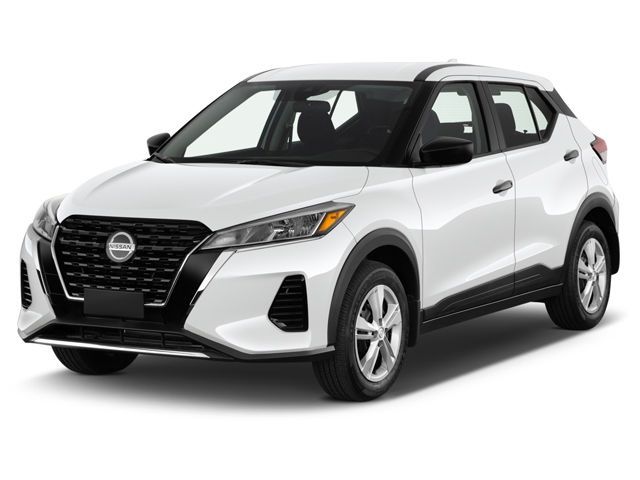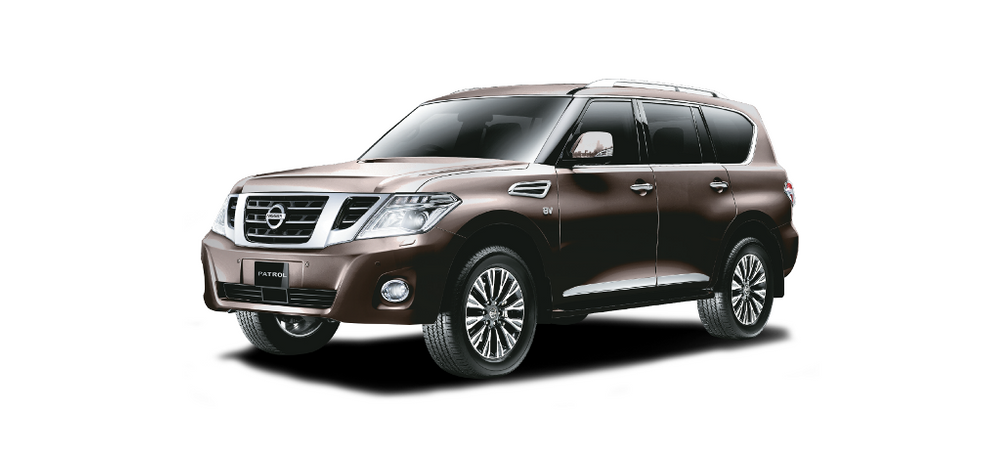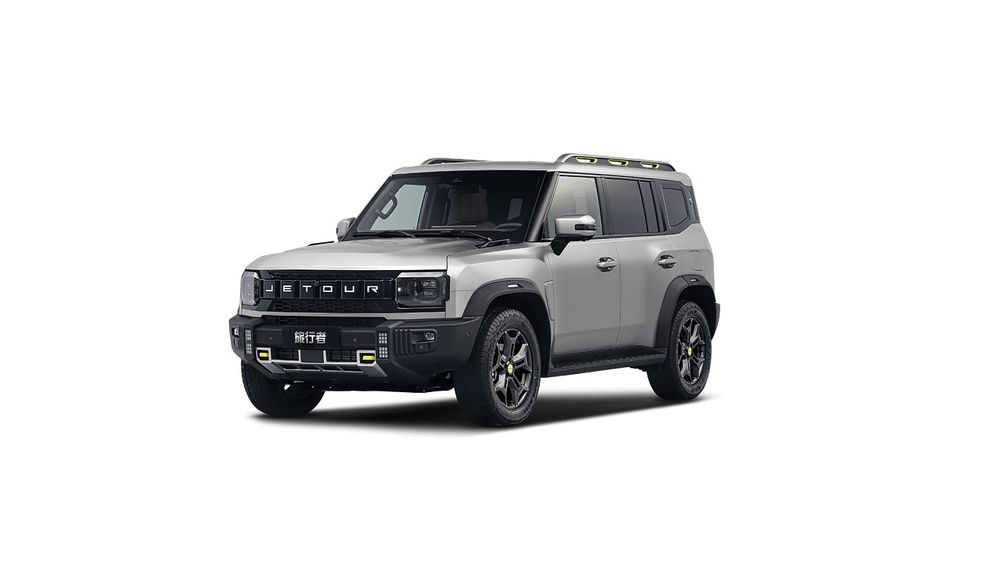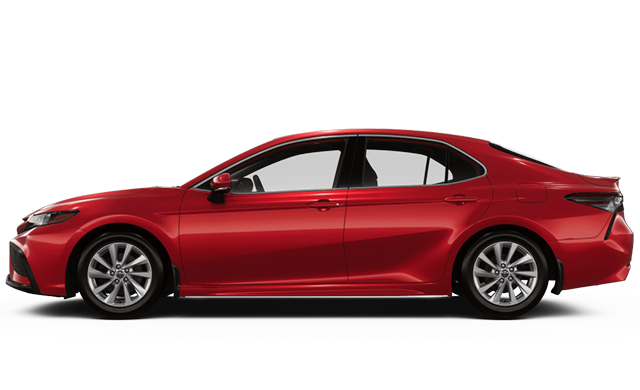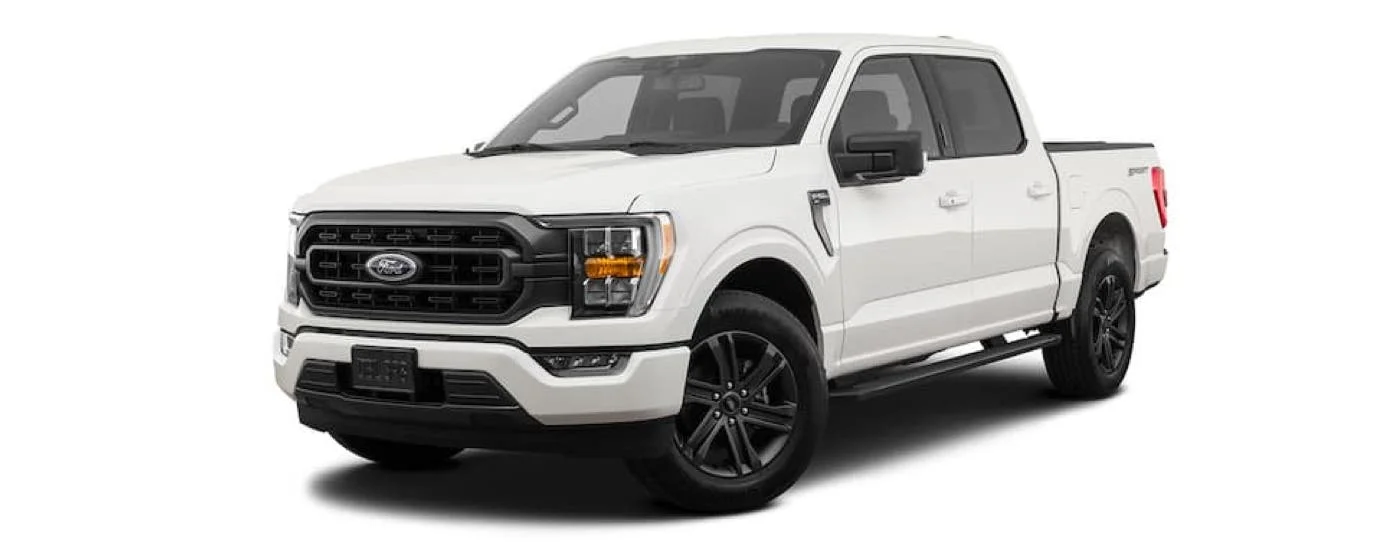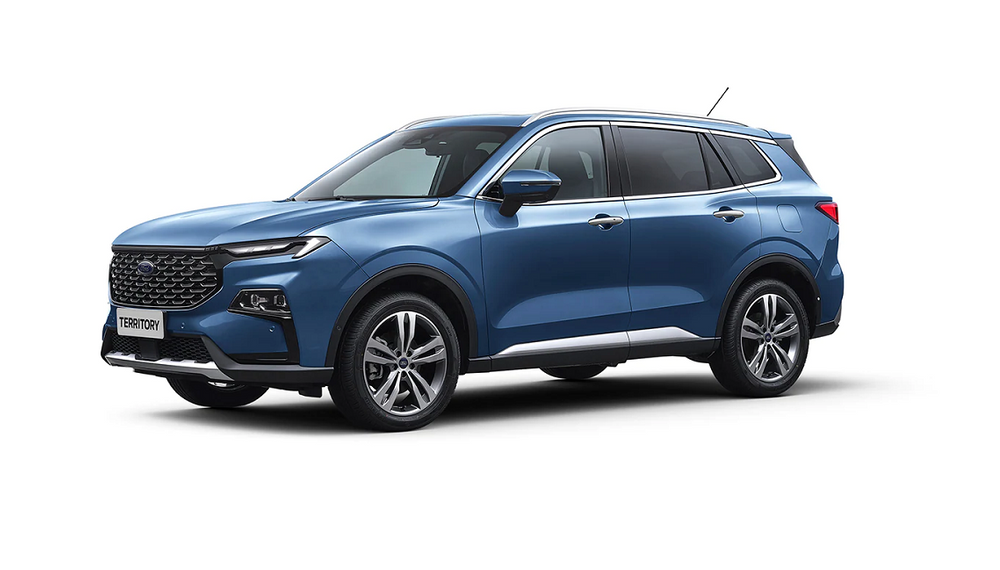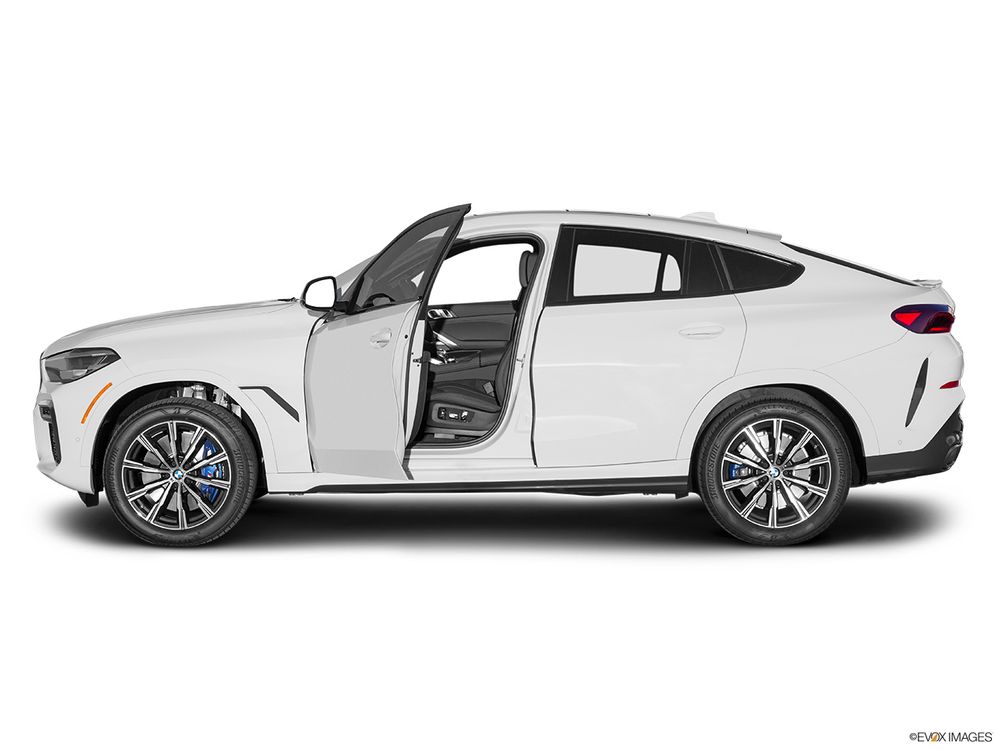BAIC Brand Heritage: A Legacy of Innovation and Growth
Published On, May 7, 2024 | By YaaraCars Team
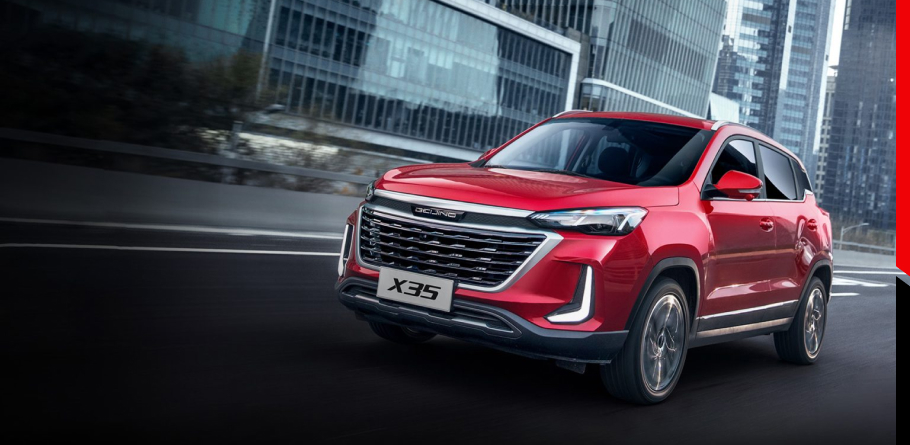
BAIC, short for Beijing Automotive Industry Holding Co., Ltd., is one of China’s oldest and largest automotive manufacturers. Founded in 1958, BAIC has grown from its humble beginnings into a key player in the global automotive industry. Over the decades, BAIC has built a reputation for innovation, reliability, and adaptability, playing a vital role in shaping China’s automotive landscape. This blog explores the rich heritage of BAIC, from its origins to its current standing as a leader in the industry.
Explore: BAIC Cars in UAE | BAIC Cars in KSA
The Early Years: Laying the Foundation
BAIC’s journey began in 1958, during a time when China was industrializing rapidly. It was one of the first companies to receive government support to develop the country’s automotive industry. BAIC's initial focus was on producing military vehicles and trucks for China’s rapidly growing infrastructure. This early period was crucial, as BAIC laid the foundation for its future success by establishing strong manufacturing capabilities and building a reliable reputation in the heavy vehicle sector.
In the 1960s and 1970s, BAIC expanded its production lines and began focusing on commercial vehicles. The brand was known for producing tough, durable trucks, buses, and utility vehicles that catered to the country’s needs. However, it was during the 1980s that BAIC started to shift its focus towards passenger vehicles, marking a significant evolution in its business model.
Collaborations and Partnerships: A Turning Point
One of the defining moments in BAIC’s heritage came through strategic partnerships with global automakers. In 1983, BAIC entered a joint venture with Jeep, marking China’s first-ever automobile joint venture with a foreign company. This collaboration allowed BAIC to access advanced manufacturing techniques and technologies, positioning it for future success in the rapidly modernizing automotive industry.
In subsequent years, BAIC cars expanded its partnerships with international giants like Hyundai and Mercedes-Benz. The Beijing Hyundai Motor Co. joint venture, established in 2002, became a pivotal partnership, enabling BAIC to produce high-quality passenger vehicles that appealed to both domestic and global markets. Similarly, the Beijing Benz Automotive Co. joint venture allowed BAIC to produce luxury vehicles, which significantly enhanced the brand’s portfolio and market appeal.
These collaborations were instrumental in helping BAIC develop cutting-edge technologies and designs, allowing it to keep pace with global industry standards.
Expansion and Global Reach
BAIC’s commitment to growth and innovation has been evident through its aggressive expansion, both domestically and internationally. In the 2000s, the company diversified its portfolio by acquiring SAAB’s intellectual property rights in 2009, which allowed it to bolster its R&D capabilities. This acquisition marked a key turning point, enabling BAIC to develop its own line of vehicles based on advanced European technologies.
In addition to strengthening its position in China, BAIC has worked to expand its global footprint. The company has made significant strides in exporting vehicles to regions like Africa, the Middle East, and South America, where demand for affordable, durable cars is high. BAIC's ability to adapt to different markets and cater to diverse consumer needs has been a critical factor in its international success.
BAIC’s Commitment to Innovation
A core aspect of BAIC’s brand heritage is its dedication to innovation. Over the years, the company has heavily invested in research and development, with a particular focus on electric vehicles (EVs) and clean energy technologies. This aligns with China’s national goals of reducing carbon emissions and promoting greener transportation.
BAIC’s BJEV (Beijing Electric Vehicle) division, founded in 2009, is at the forefront of the company’s efforts to lead the electric vehicle market. With the launch of several fully electric models, BAIC has become one of the largest EV producers in China, reinforcing its commitment to sustainability and technological advancement.
Motorsport and Off-Road Heritage
BAIC’s sub-brand, BAIC BJ (Beijing), has a rich history in the off-road and motorsport sectors. Its vehicles have gained a reputation for durability and performance, particularly in tough conditions. The BAIC BJ40, an iconic off-road vehicle, is well-regarded in both military and civilian markets, known for its ruggedness and off-road capabilities.
BAIC’s participation in events like the Dakar Rally has further solidified its reputation as a serious contender in the global off-road vehicle market. This motorsport involvement highlights the brand’s ability to produce high-performance vehicles that excel in extreme environments.
The Future of BAIC
As BAIC latest models continue to evolve, it remains focused on innovation, sustainability, and global expansion. The brand is committed to enhancing its lineup of electric vehicles and investing in autonomous driving technologies. BAIC aims to be a leader not only in traditional automotive manufacturing but also in the rapidly changing landscape of mobility solutions.
Conclusion: A Legacy of Growth and Innovation
BAIC’s heritage is a testament to its resilience, adaptability, and forward-thinking approach. From its early days as a producer of military vehicles to its status as a global automotive powerhouse, BAIC has consistently pushed the boundaries of innovation. With its ongoing commitment to electric vehicles and sustainability, BAIC is poised to continue its leadership in the automotive industry for years to come.

BAIC X7
Available Versions: 17

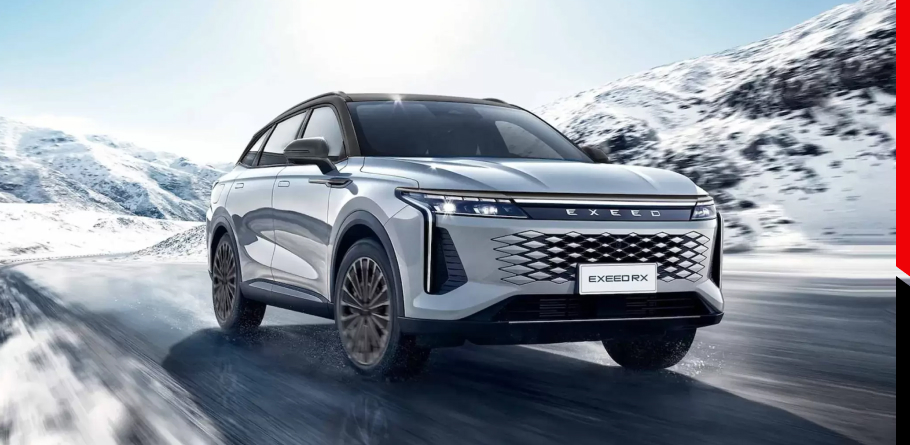

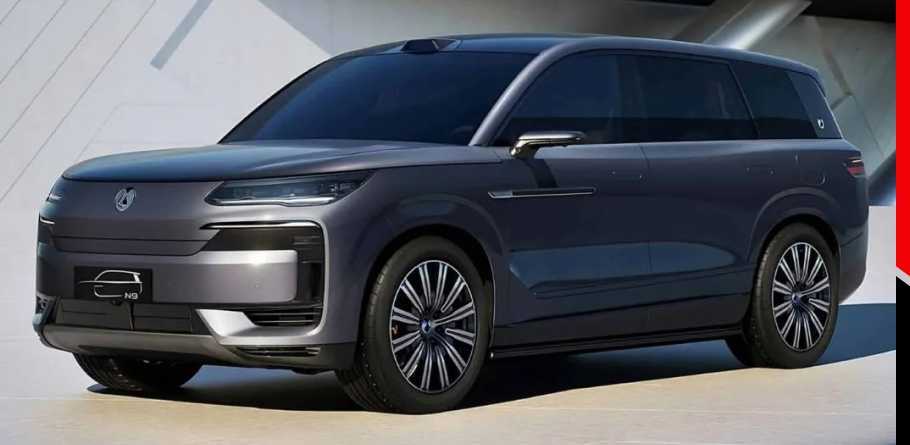
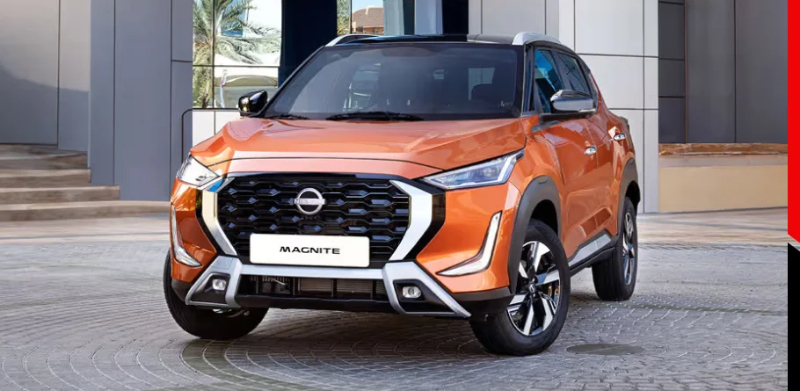
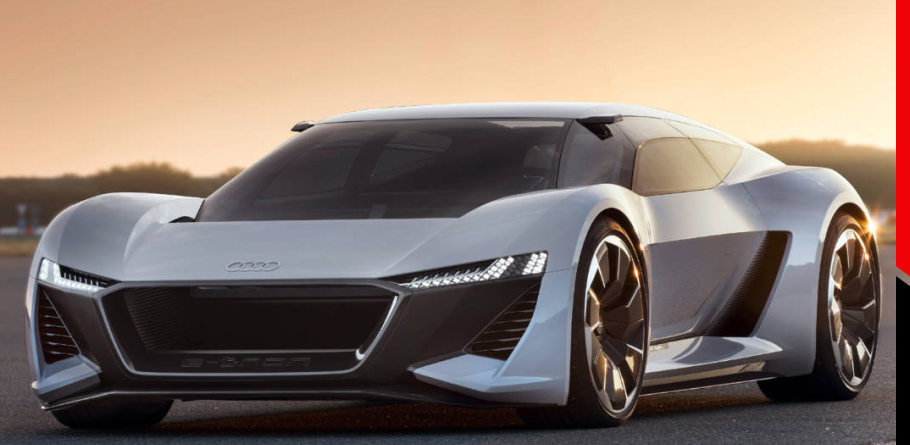
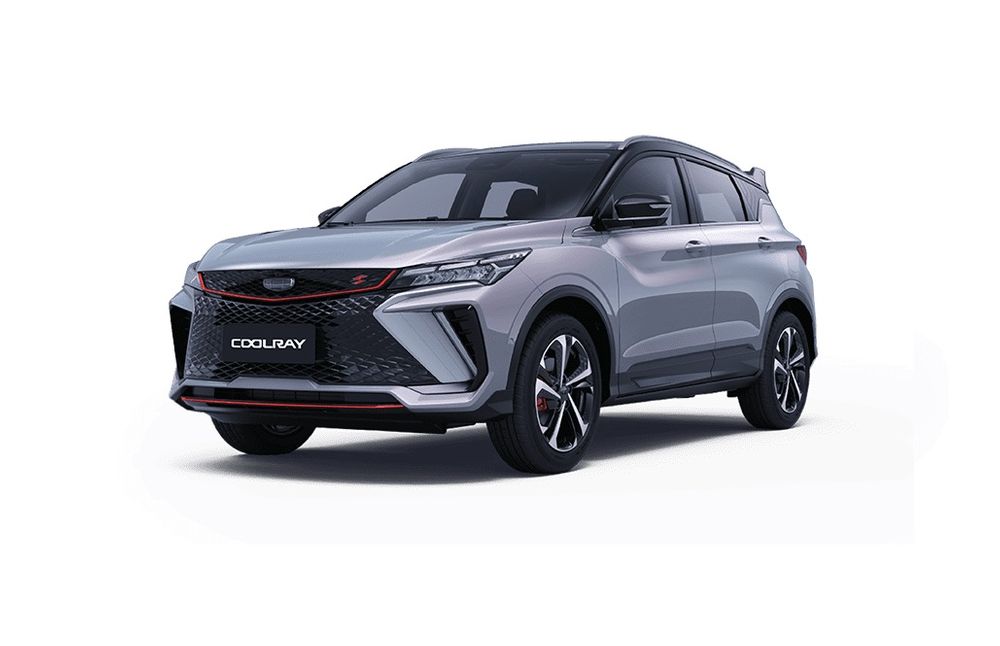
.jpg)
